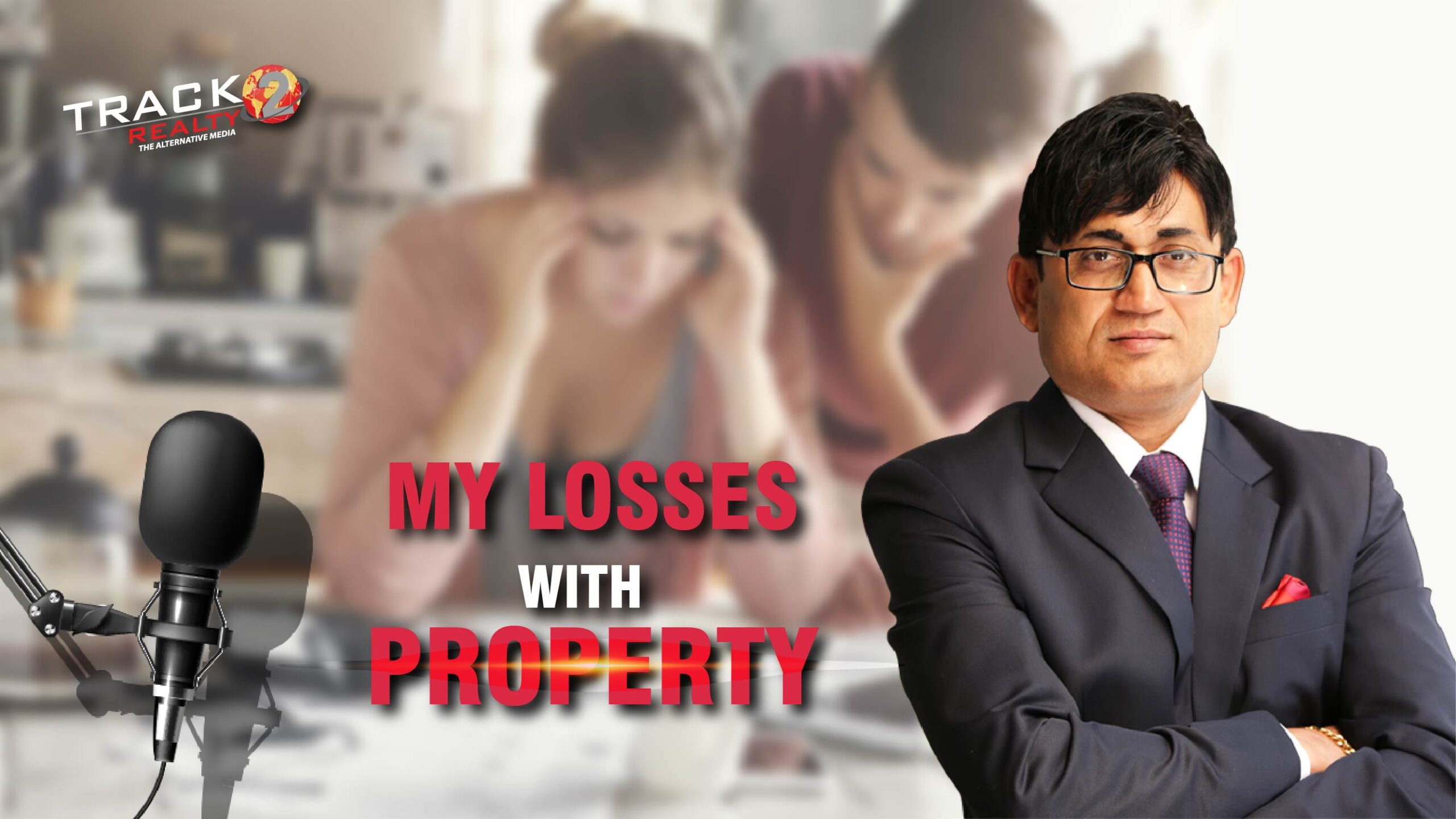 One can also ask the broker about his networks by enquiring about all the areas where he practices. A qualified broker will be able to tap a wide network of other brokers, builders and individuals in a short time. One should check with the broker if he is an authorized agent for any developer. Also ask him about the average volume of transactions per month and about the volume of properties held by him, and the percentage of repeat customers.
One can also ask the broker about his networks by enquiring about all the areas where he practices. A qualified broker will be able to tap a wide network of other brokers, builders and individuals in a short time. One should check with the broker if he is an authorized agent for any developer. Also ask him about the average volume of transactions per month and about the volume of properties held by him, and the percentage of repeat customers.
One must query the broker on legal issues, the neighbourhood of a property in question, maintenance charges (in case of apartments), water situation, parking facilities, stamp duty rates, registration charges, capital gains issues, construction techniques, and the difference between the built-up area and super built-up area.
You should also check with the broker about home loan rates and the process of obtaining a home loan. A good broker would know about variations and pulse of the market prices within a neighbourhood or across localities. They are also familiar with the reputation of various builders and can help you avoid those who offer poor quality construction and delayed delivery.
Find out if the agent is a member of any local or national real estate association. Does the broker pay service tax? A service tax registration indicates that the broker takes his business seriously.
It is advisable to go to a broker who has an ISO 9001: 2000 certification. Also, a private or limited company is better and corporates and end users prefer them to an ordinary company as such brokers would have had the requisite clearances from registrar of companies and the government of India.
Currently, there is no guideline followed by brokers and there is complete lack of standardization in their processes. For standardization, the broking house can have ISI certification issued by international bodies. But this is not mandatory for broking houses in India.





